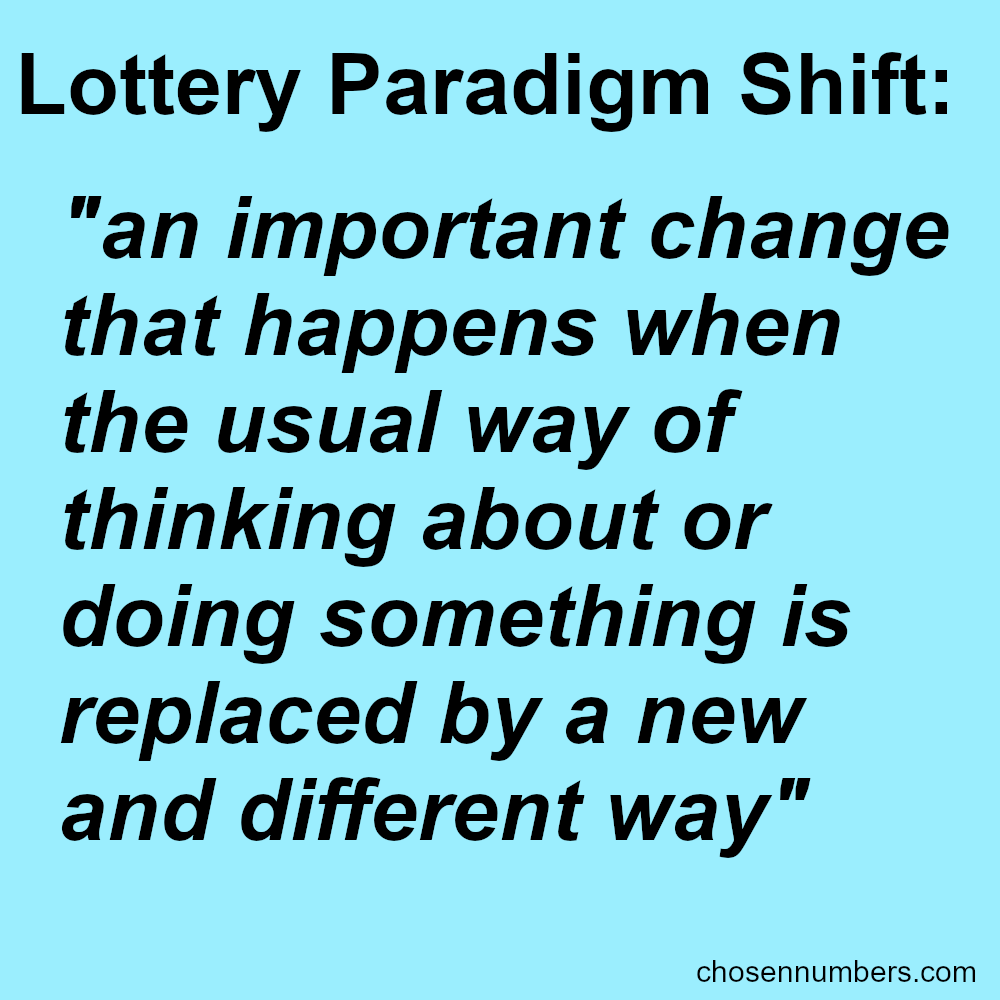
If someone asked you, “Is there a better way to play the lottery?” - what would your answer be?
Most people would probably respond without hesitation: “No. Impossible.”
But what if you asked a professor of mathematics or statistics? Would their answer be the same... or different?
At first glance, suggesting there's a smarter way to play the lottery might sound like the pitch of a snake oil salesman. After all, “snake oil” has long been synonymous with scams and false promises - a term defined on Wikipedia as deceptive marketing, health fraud, or outright trickery.
Yet history shows us that genuine paradigm shifts - those rare, ground-breaking changes that rock the foundation of “the way things have always been done” - do happen. And they often start with a simple but overlooked idea.
When it comes to lottery play, most experts assume there are only two approaches to choosing lottery numbers: use a random quick-pick, or choose a set of favorite numbers. Both are considered relatively equal in terms of odds.
But what if there's an entirely different way to think about number selection? What if the very act of how we pick numbers could shift the odds - not from the lottery's perspective, but from the players'?
That's where ChosenNumbers.com comes in. It represents exactly what the dictionary defines as a paradigm shift: replacing the usual way of doing something with a new, more effective approach.
Here's the core principle: duplicates are the hidden disadvantage in lottery play.
The “true odds” of winning any given lottery remain fixed - one winning combination out of all possible combinations. But from the players' perspective, things change dramatically when duplicates occur.
Let's break it down:
- If one person plays, their odds of winning are simply 1 in the total number of combinations. Simple enough.
- If two people play, you'd expect the chance of there being a winner to be 2 in that same pool of odds. And that's true… unless both players pick the exact same numbers.
In that case, the effective odds of someone winning remain the same, but the players' advantage is lost - because duplicates reduce unique coverage of possible combinations. Worse still, if those duplicate numbers hit, the jackpot gets split.
Now scale that up: with millions of people buying tickets, there are millions of duplicate number selections. That overlap shrinks the collective coverage of all possible combinations - and reduces the overall chance that someone will win the jackpot in a given draw.
But here's the shift: if those duplicates were replaced with unique number selections, players as a group would cover far more of the available combinations. And the more coverage, the better the odds that a jackpot will be won.
It's not magic. It's not a scam. It's simply math - applied in a smarter, more systematic way.
Choose the smarter way to play the lottery - and give you a mathematical advantage.
Play chosennumbers.com selections today.